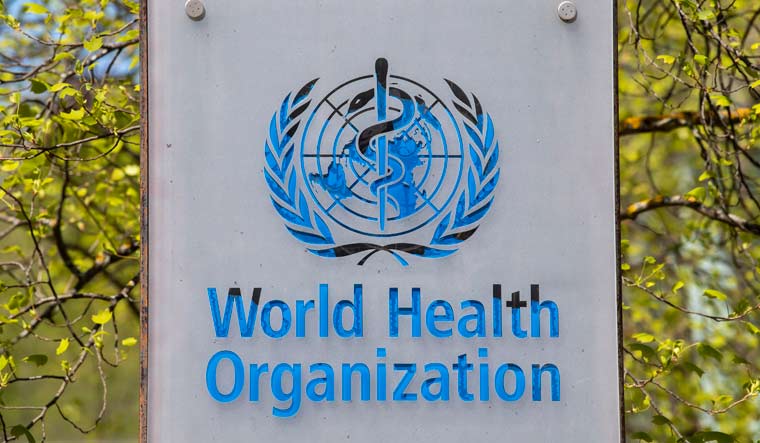The World Health Organization on Monday noted that the possibility of the Omicron variant of COVID-19 spreading globally is “very high”.
‘’The emergence of the highly mutated Omicron variant underlines just how perilous and precarious our situation is,’’ said Tedros Adhanom Ghebreyesus, WHO director general, at a special session of the World Health Assembly.
“South Africa and Botswana should be thanked for detecting, sequencing and reporting this variant, not penalized,” he said. “Our current system disincentivizes countries from alerting others to threats that will inevitably land on their shores. Indeed, Omicron demonstrates just why the world needs a new accord on pandemics.”
“Many of us might think we are done with COVID-19. It’s not done with us,’’ reminded Ghebreyesus.
“We shouldn’t need another wake up call. We should all be wide awake to the threat of this virus. We are living through a cycle of panic and neglect. Hard won gains could vanish in an instant. Our most immediate task therefore is to end this pandemic.”
“We don’t yet know whether Omicron is associated with more transmission, more severe disease, more risk of reinfections or more risk of evading vaccines. Scientists at WHO and around the world are working urgently to answer these questions,’’ he said.
Omicron was first identified in South Africa. It has been detected in the U.K., Hong Kong, Botswana, the Netherlands, Denmark, Italy, Germany, Belgium, Canada and Israel among other countries.



